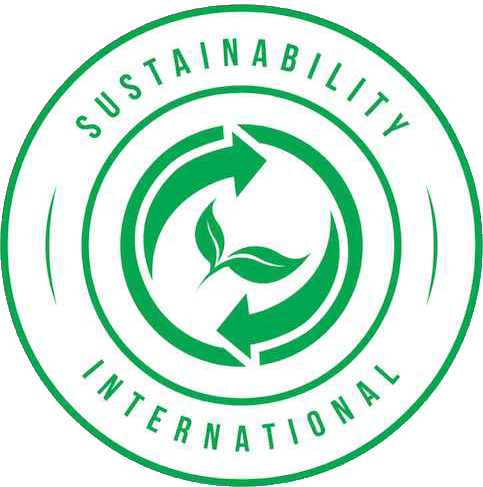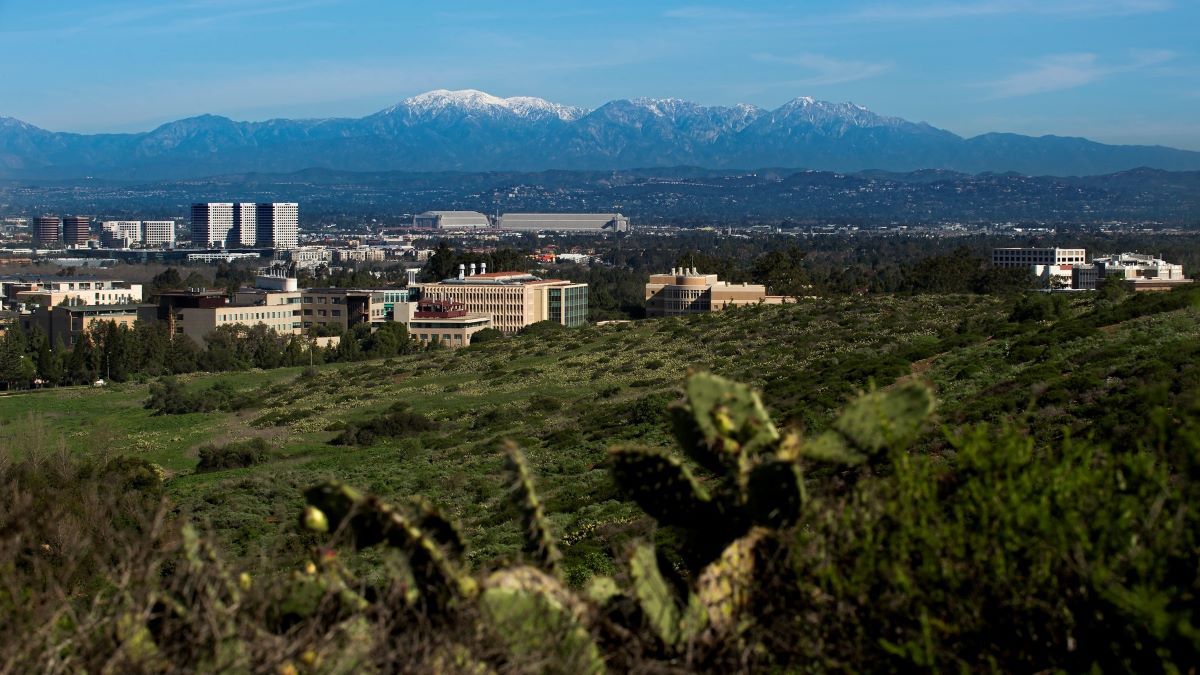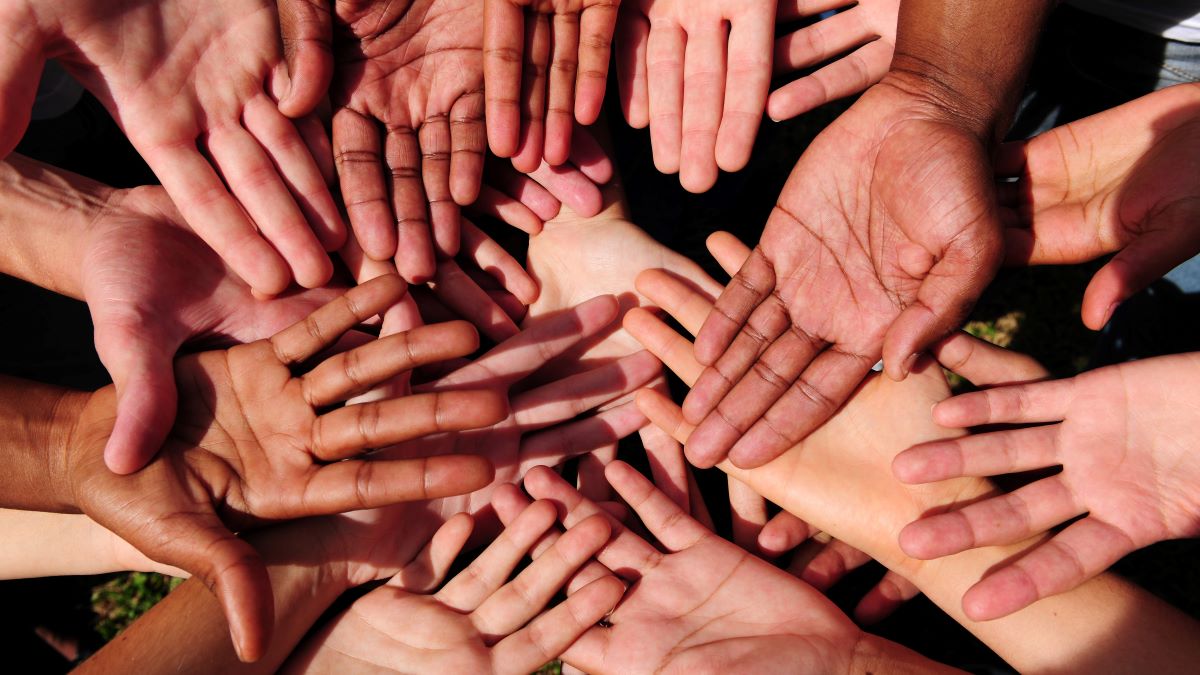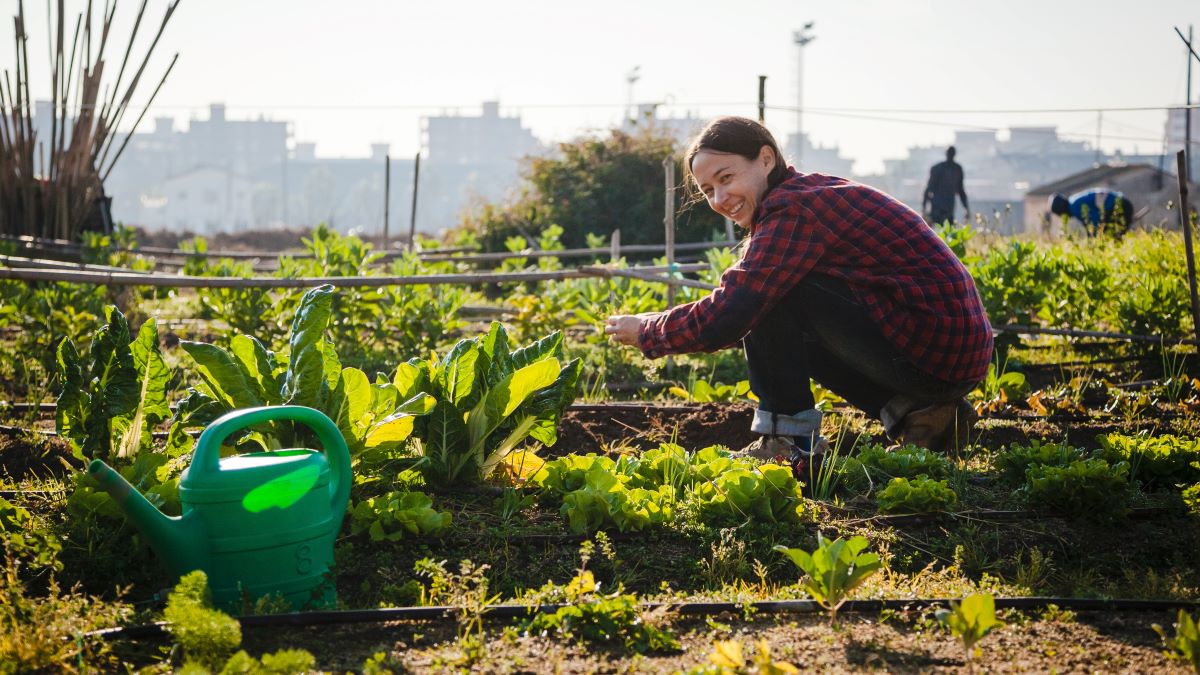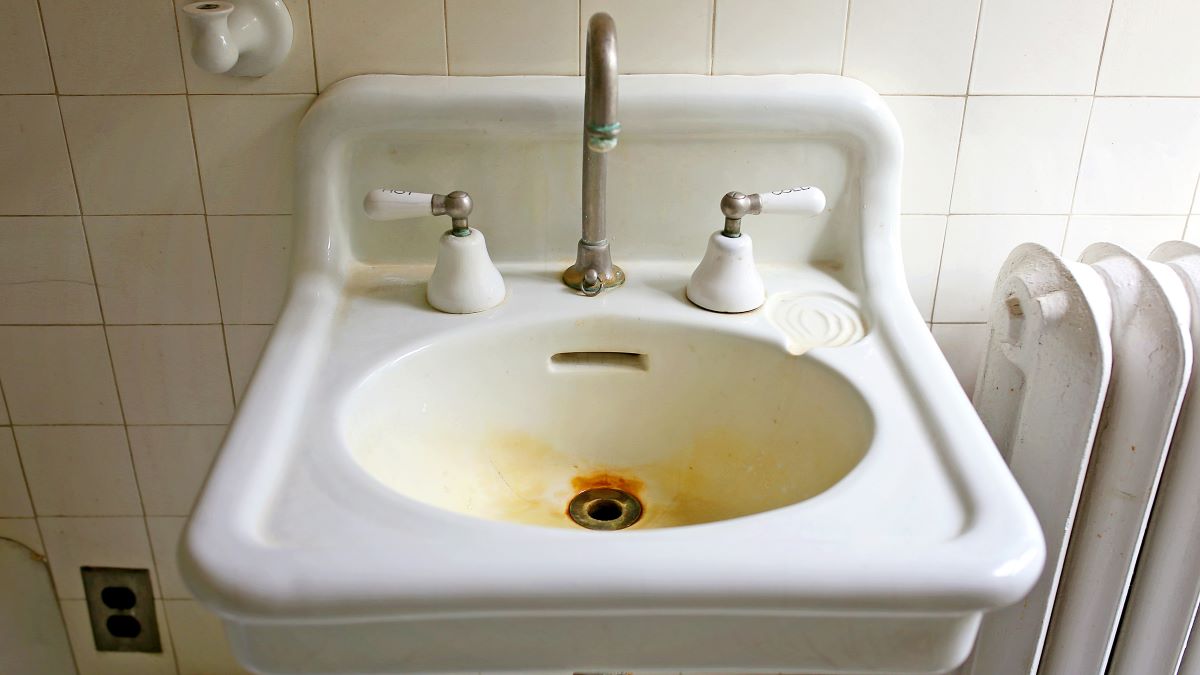I recently received an email from a journalist asking if I had a good recipe for homemade laundry detergent.
If you’ve visited goingzerowaste.com before you know that I have a fairly extensive list of effective and easy homemade cleaning recipes and even more featured in my book 101 Ways to Go Zero Waste.
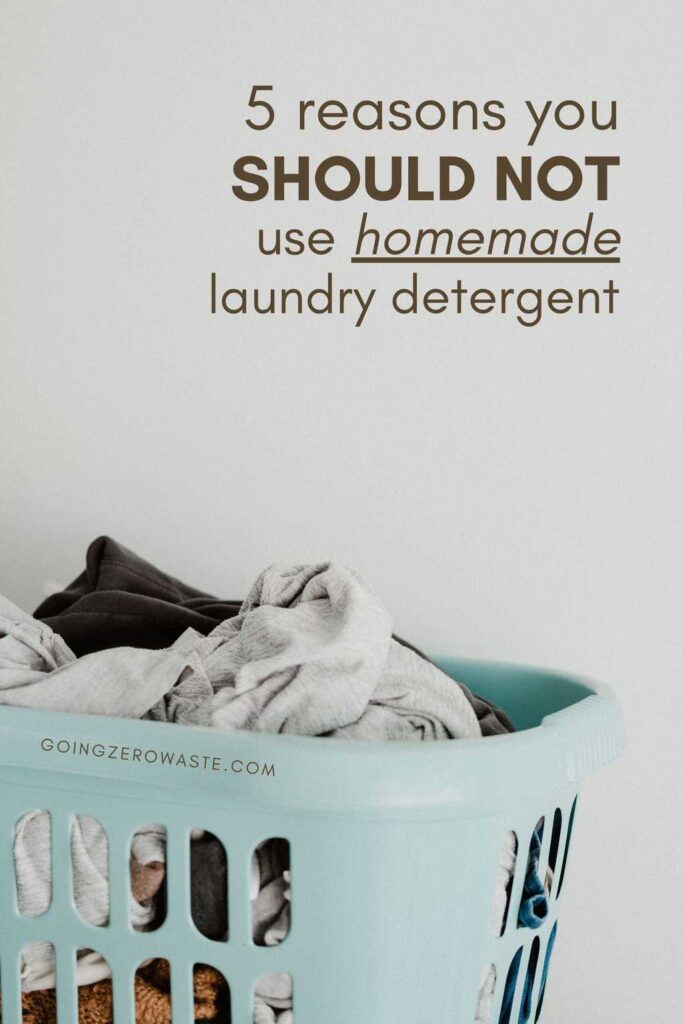
However, you might have noticed there’s a giant hole in that content – no laundry detergent… and there’s a reason.

A big reason. A reason I have yet to share because a lot of my friends use and make homemade laundry detergent.
I didn’t want to be a negative Nancy or rifle any feathers so I’ve kept this information to myself…
But, now, it’s time to come out and say it…. I do not endorse homemade laundry detergent.
Whew. I said it. It’s out there.
my past experiences with homemade laundry soap:
I started making my own cleaning products for both financial and health reasons before I started going zero waste.
I had a brush with homemade laundry ‘detergent’ for about 8 months. Detergent is in quotations for a reason and I’ll get to it in a minute.
For the first few months, things seemed to be going fine, but towards the end around month 6 I noticed that my white clothing was yellow and dingy.
Then around month 7 I started noticing my clothing felt oily, but worst of all the towels and sheets were oily too.
Sleeping on an oily pillowcase did my skin zero favors.
I racked my brain trying to figure out what was going on… when it hit me. It was the homemade laundry ‘detergent’.
Then I had to start the process of trying to undo what I’d done. I ruined several pieces of clothing and a set of sheets. I’m grateful that was all I ruined because it can also ruin your washing machine. Yikes.
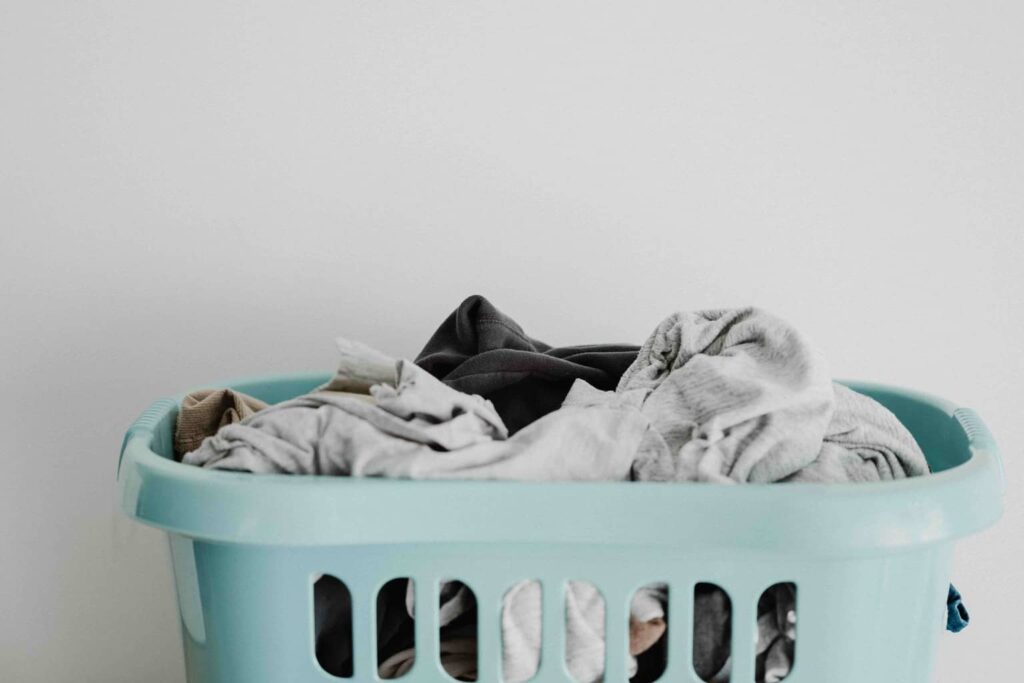
the difference between detergent and soap:
You can’t actually make homemade laundry detergent. What you’re actually making is homemade laundry SOAP.
Now, both detergent and soap contain surfactants. According to the American Cleaning Institute surfactants change how water behaves. When a surfactant is added, the surface tension is reduced which makes it easier to get rid of dirt and grime.
The main difference between detergent and soap is the chemical composition.
Soap is made from natural fats and oils as well as a neutralizing alkali most commonly sodium hydroxide (NaOH) or lye.
Detergents DON’T use fats and oils (very important!) instead they’re manufactured in chemical plants using long chains of molecules.
These typically include more than one surfactant making them more water soluble (better) than soap. You can read more about this an article I found in the Kids Britannica.
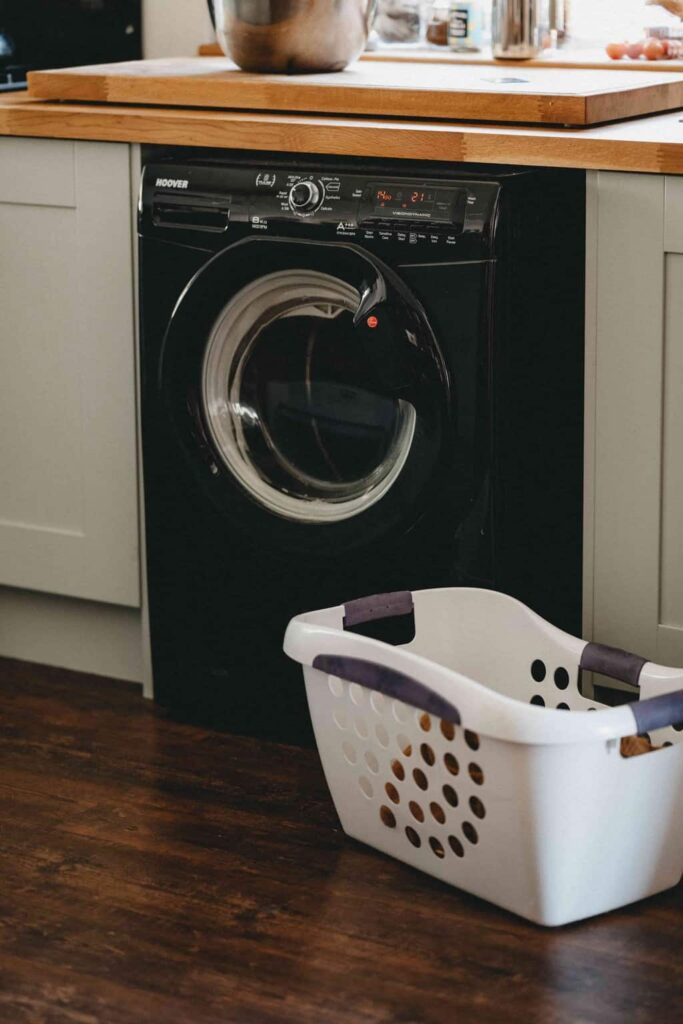
how to make homemade laundry soap:
My goal of this heading isn’t to give you an exact recipe, but to break down the common ingredients in homemade laundry soaps.
Most homemade laundry ‘detergents’ are made up of water softeners like baking soda, washing soda, and borax and a cleaning agent which is typically a grated bar of soap.
The goal of the water softener is to… you guessed it! Soften the water. You might have heard the terms hard water and soft water which has to do with the level of minerals like calcium and magnesium in the water.
The most common water softeners used in homemade laundry soap borax and washing soda, but they’re marketed as laundry BOOSTERS because they are meant to aid a detergent not replace one.
If you have really hard water, like I do in California, using a homemade laundry soap is even worse because the high levels of calcium and magnesium make it almost impossible for the soap to wash free from the textiles.
While the laundry boosters help some, its not an appropriate replacement for detergent.
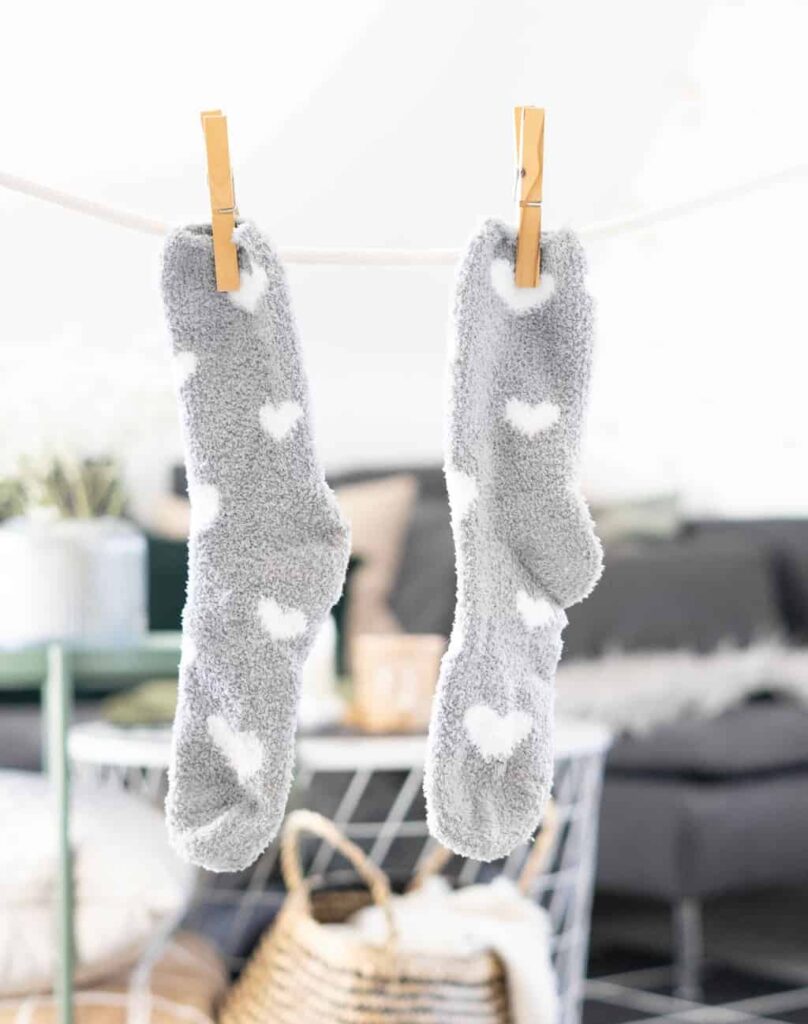
DIY laundry ‘detergent’ can RUIN your clothing:
When you’re using homemade laundry soap you can ruin your clothing. I know this from personal experience, but lets take a little bit deeper look into why.
If you use soap on your body in the shower, on your hands in the kitchen or bathroom sink you’ve probably had to deal with soap build up or soap scum.
That’s happening to your clothes, and worse… your washing machine which we’ll address in the next heading.
Every time you wash your clothing soap build up buries itself inside of the textiles. This build up can create a water repelling effect which might be why your reusable towels aren’t super great at absorbing water, but can also leave an oily residue behind.
And, when soap accumulates in your clothing it will actually attract and trap dirt in your textiles. It quite literally makes your clothing DIRTY the exact opposite thing you want from a laundry detergent…
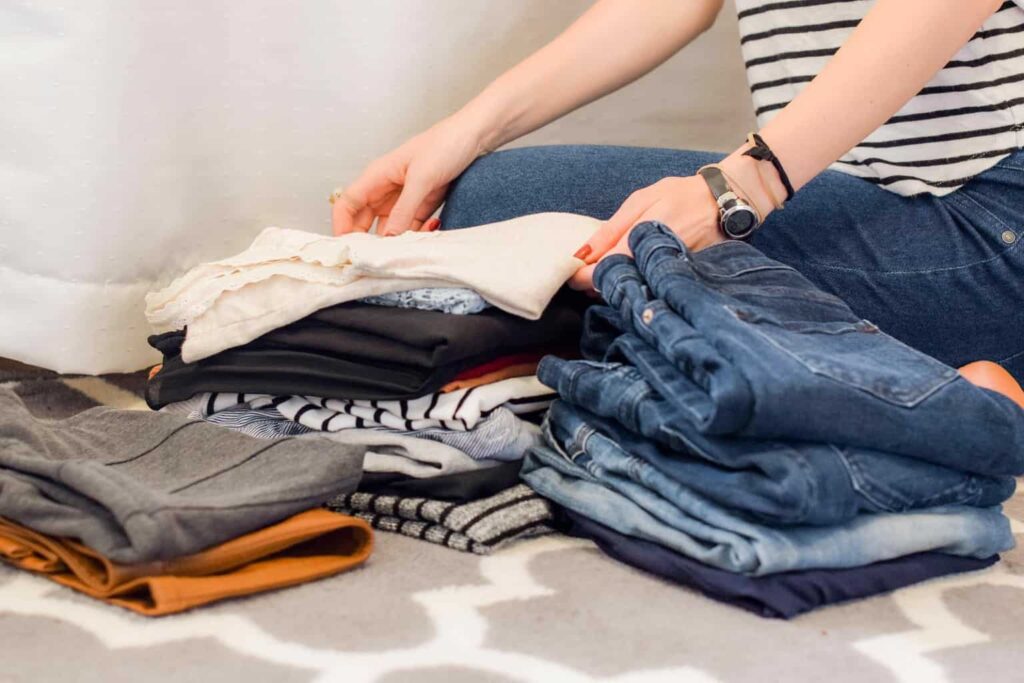
DIY laundry ‘detergent’ can RUIN your washing machine:
Most people make homemade laundry ‘detergent’ to save money and/or reduce waste.
But, in the long run using a DIY can cost a lot more money and create a lot more waste.
The same soap that builds up in your textiles is also building up in your washing machine. This can cause in mold or mildew to grow inside your machine.
And, this is the real problem I have with homemade laundry ‘detergents’ – they will void your machines warranty.
Is it worth saving a few dollars or cardboard boxes if it means having to buy new sheets or a new washer in a year?
I had to buy new sheets and several items of clothing, and let me tell you I wish that I had just bought some eco-friendly and biodegradable detergent.
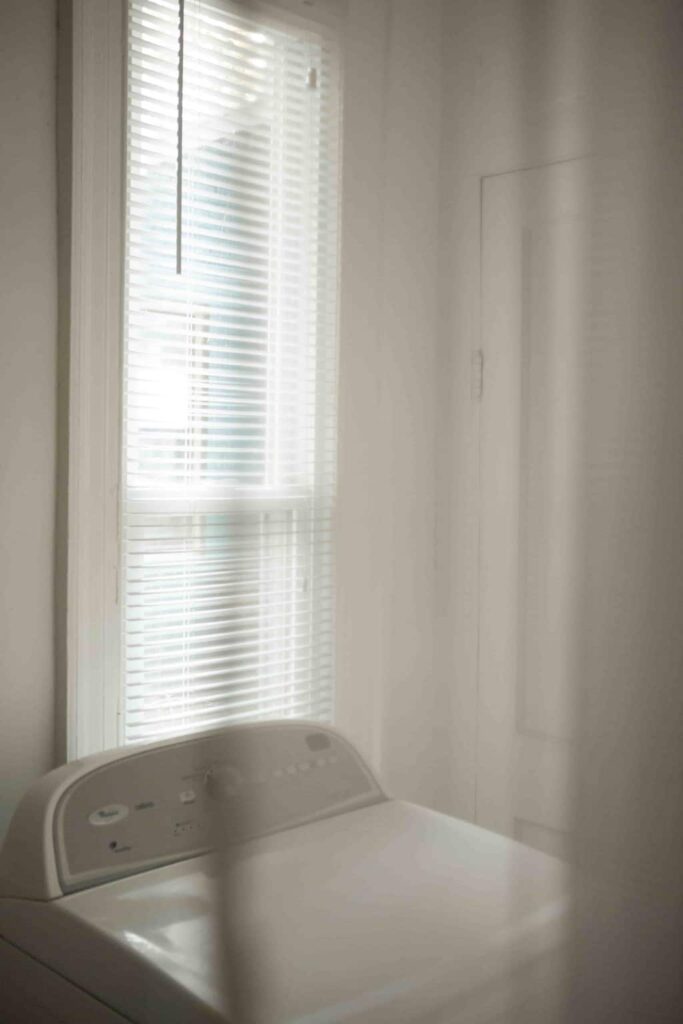
but my grandma used homemade laundry soap?
Sure! And, it probably worked because cleaning isn’t just about the soap.
In order to get a good clean you need three types of energy.
- chemical energy – soap or detergent
- mechanical energy – washing machine agitator or a wash board
- thermal energy – heat!
Most modern detergents have been formulated so you don’t need heat, but your grandma was probably using hot water.
On top of that, she also used A LOT more mechanical energy. Washing machine agitators were much tougher on clothing to physically remove the soap from the textiles.
If you’re hand washing your clothes or using an old machine with an intense agitator, live in an area with soft water, and are washing in hot water – using homemade laundry soap might work for you.
But, if you’re doing this to save money or the planet – you aren’t going to achieve your goals.
An older model of washing machine with a decent agitator uses about 45 gallons of water per load and the energy cost on running it and heating all that water will eliminate any savings and use far more resources than a cardboard box.
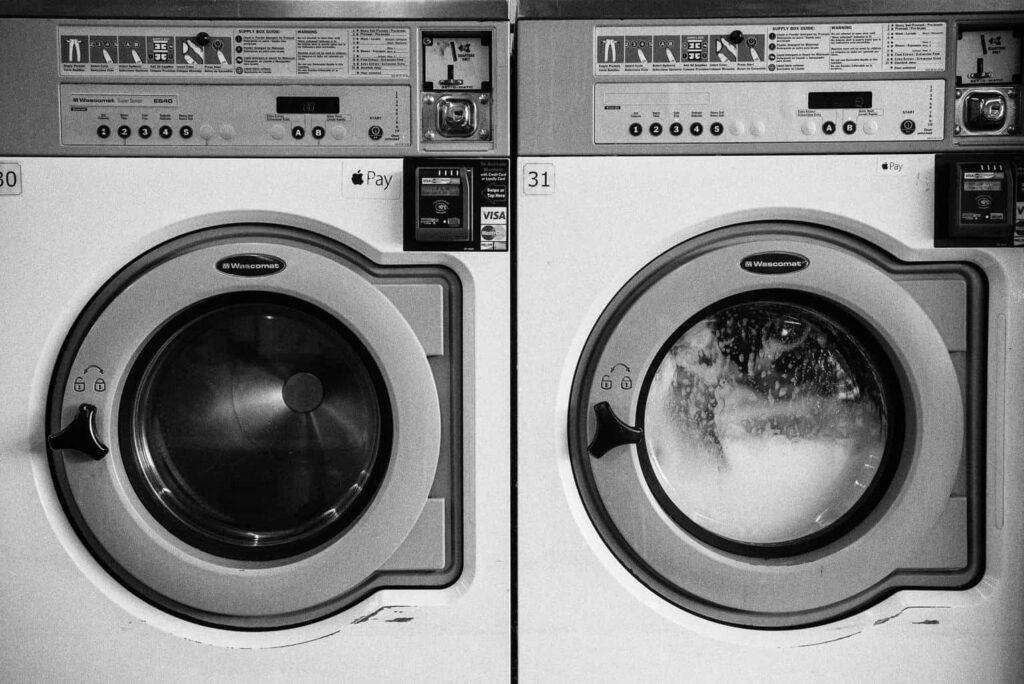
how do I fix it?
If you’re like me and have been using homemade laundry soap for a few months, you’re going to need to strip your clothing.
I’m going to link to a full blog post on how to strip it, but I’m also going to include a few photos here for you to see all the dirt that was hiding in the ‘clean’ clothes.
Pretty crazy right?
If you’re looking for a few eco-friendly cleaning brands that I endorse, I’ve written a whole post called 15 Eco-Friendly Cleaning Products You Need to Know About.
I did not want to include any product recommendations in this post because its not about selling something to you, I truly want to prevent anyone from ruining their clothing or washing machine.
Stripping your clothes is NOT a fun process, and you shouldn’t have to go through it if you don’t have to.
Have you DIYed your laundry detergent before?
The post 5 Reasons You Shouldn’t Use Homemade Laundry Detergent appeared first on Going Zero Waste.
